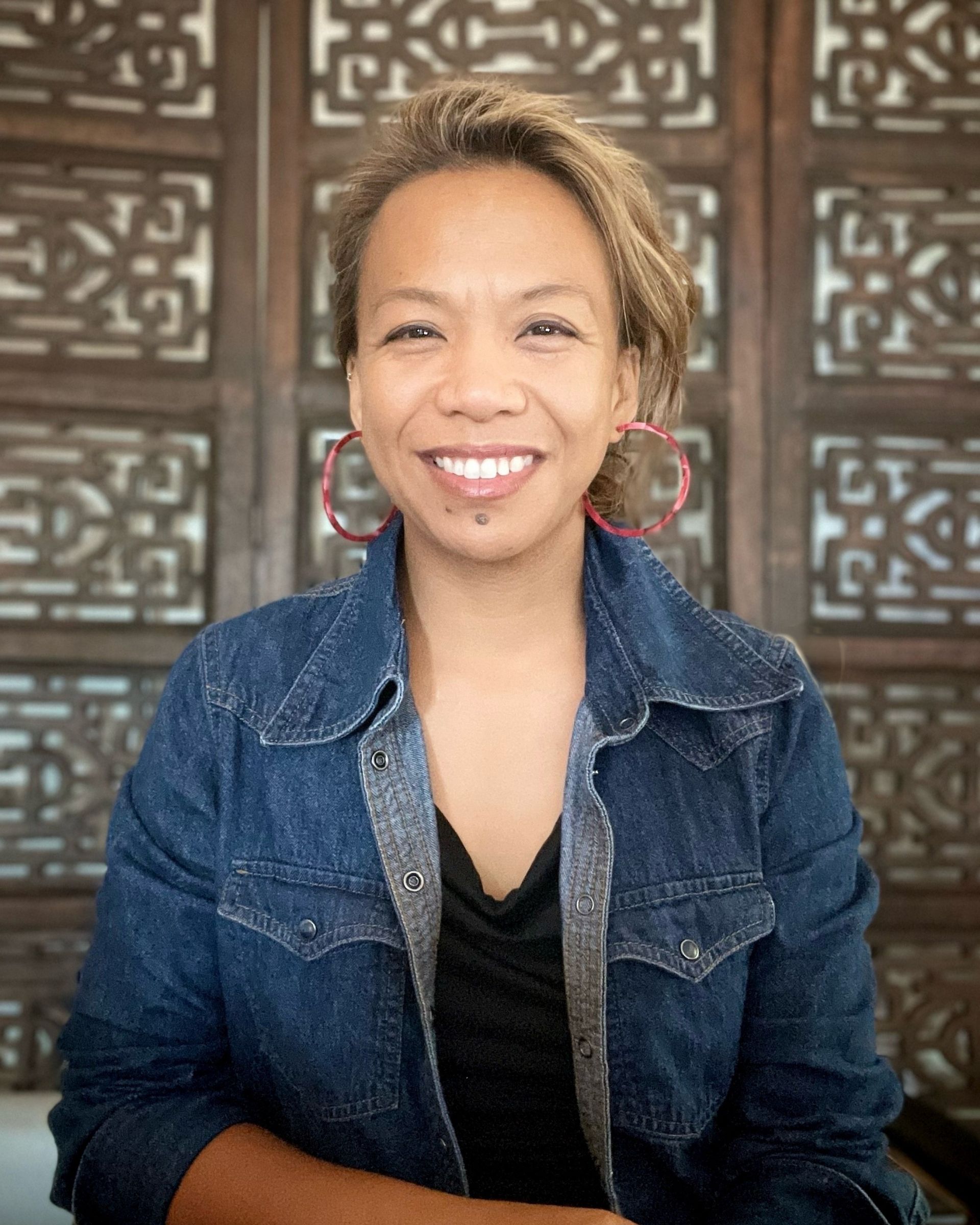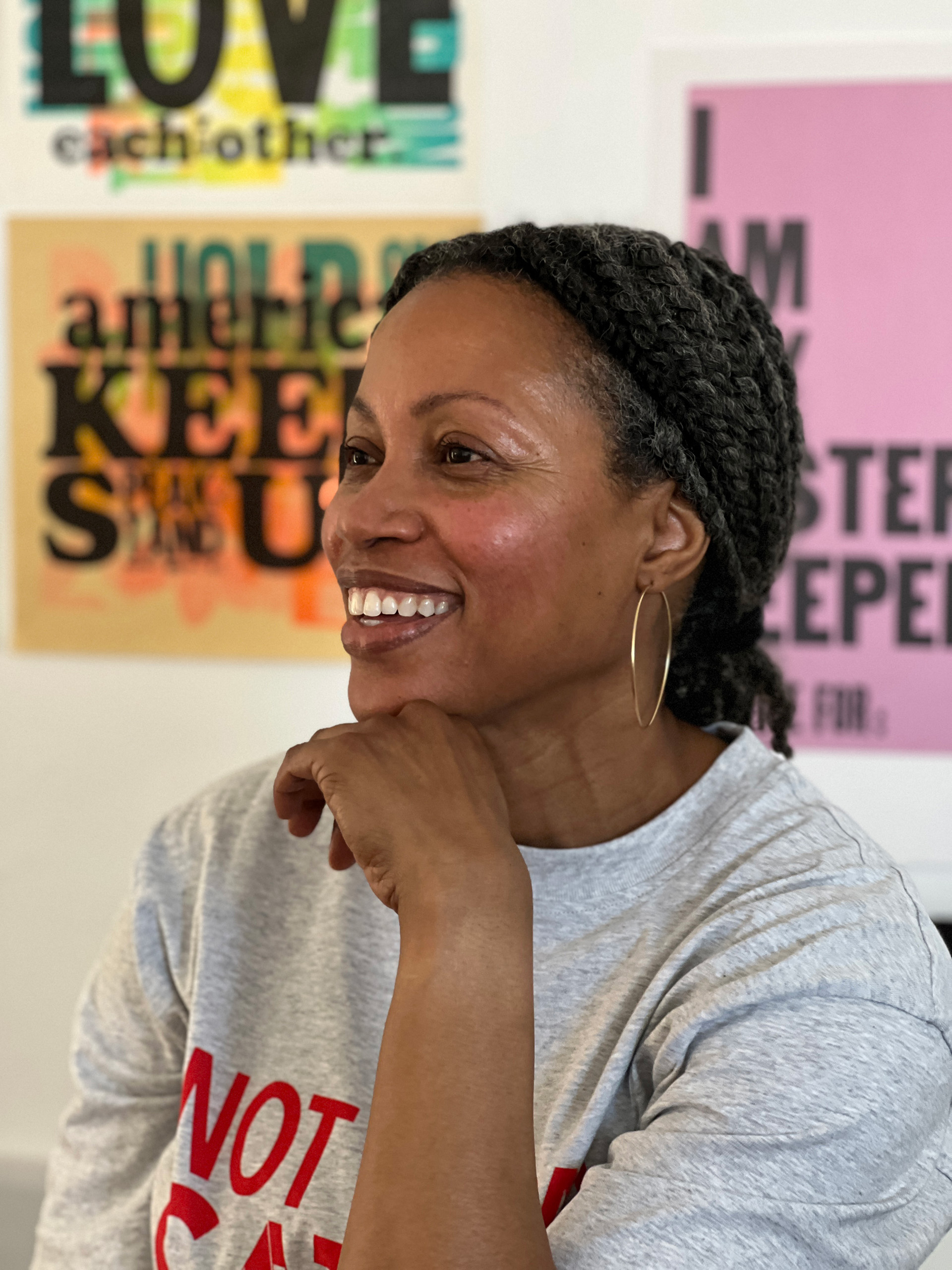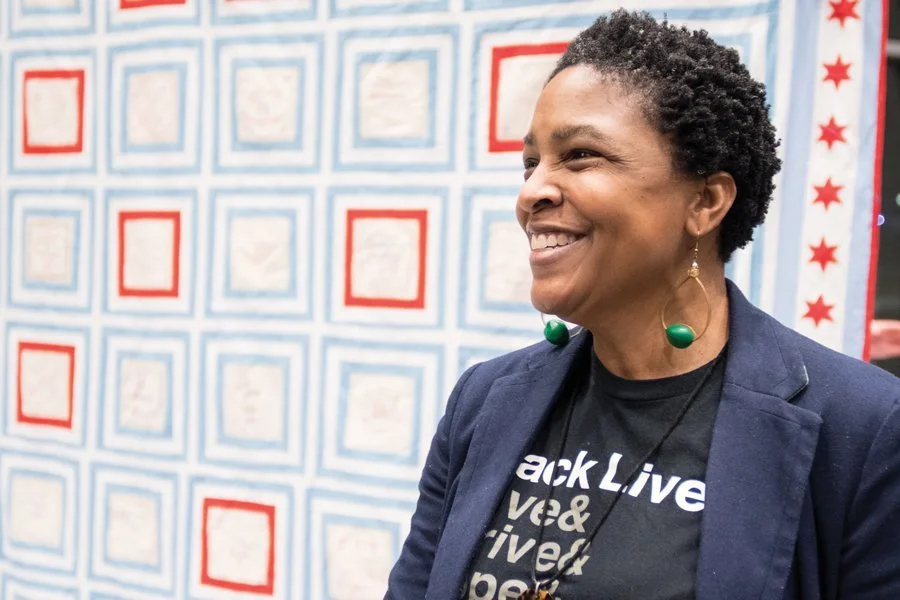An Introduction to the Cancelled Edition
by Desirée Aspiras, Jennifer Graves, and Melissa Blount
Access and visibility have always been contested terrain in the art world. For printmakers, every print pulled, every word pressed into paper, is an argument for what deserves to be seen and shared. Printmakers have been quiet engineers of access, turning information into something shareable, legible, public.
Recent events within our creative institutions have exposed how fragile access can be when leadership fails to practice care. Exhibits and residencies have been cancelled without explanation, artists have been mistreated, and communities once welcomed are now met with silence. Such breakdowns reveal an uncomfortable truth: progress in equity is not self-sustaining. Without active engagement, doors that were opened begin to close again.
Programs like the BIWOC residencies at Hamilton are models of what access in practice can look like—offering opportunities for artists of color to engage with the museum’s collections, equipment, and history on their own terms. These residencies did more than provide studio time; they created space for belonging, mentorship, and a sense of lineage within a field that has often erased or overlooked the contributions of Black, Indigenous, and other artists of color.
As IBé Crawley reminds us in her interview, echoing W. E. B. Du Bois, there is power in owning one’s tools. In letterpress, those tools—type, presses, materials—are expensive and difficult to access. Not every city has a community printshop, and very few artists can afford to buy their own equipment. This makes residencies and shared spaces vital points of entry and access.When institutions that hold these resources become gatekeepers, the harm is compounded. What’s lost is not only opportunity, but the participation, dialogue and care that allow new futures to take shape.
The question of access—and what is lost when it’s denied—resonates across this issue, linking artists who are each confronting exclusion in their own ways. Each artist here is engaged in the same essential work: insisting on visibility, expanding access, and holding power to account through creative means.
IBé Crawley’s commitment to representation and storytelling, especially for Black women artists, mirrors the very access those residencies fostered. Her work refuses erasure and reminds us that equity is not a gesture of inclusion, but a commitment to sustaining the visibility and voice of artists who have too often been pushed to the margins.
Tonja Torgerson and Christa Carleton’s reflections on their cancelled exhibition reveal how quickly institutions retreat from discomfort, capitulating to fear rather than leaning into dialogue. Their story speaks to what happens when the systems meant to amplify artists instead choose silence.
Through his exploration of redaction and visual censorship, Eddy López exposes how control over information shapes public perception. His work is a direct commentary on who is allowed to see, to know, and to speak.
And in Carlos Barberena’s prints, we witness access as empathy. By humanizing the immigrant experience, he confronts the ways visibility is denied in both media and policy, and uses print as a bridge toward understanding.
Printmakers understand that the outcome of their work requires discipline built on repetition and adjustment. They pull a print, make changes, and pull the print again until the image and impression are right. The same is true of creating access to important spaces and resources. Each decision and action brings us closer, or further away, from alignment between what we say we value and what we actually practice.
The artists in this issue remind us that the press is still a site of possibility, a way to print the record instead of allowing it to fade. We print and speak up about what we value in order to refuse gatekeeping and erasure. Our task is to keep the press in motion: to highlight what has been intentionally hidden, to amplify what has been silenced, and to make public the stories that connect us and lead us toward repair.
In this moment, the work before us is clear. We are called to use our voices, our presses, and our platforms to hold the door open for one another, for those not yet in the room, and for the future that depends on what we make visible now.
Bios:
Desirée Aspiras is a therapist and educator whose work bridges creative, contemplative, and justice-centered approaches. In mental health, she integrates mindful, creative, and socioculturally-attuned modalities to support self-awareness, healing, and growth. In her teaching, she draws from contemplative and critical pedagogy to foster reflection, relational learning, and liberatory inquiry. Her creative practice includes letterpress, poetry, book arts, and collage. She is also an Acosta Institute Fellow, and the founder of Printmakers Against Racism and Deep Breath Press.
Jennifer (Jenn) Graves is a letterpress printer, book artist, and educator based in Los Angeles, CA. She works within the tactile traditions of the book arts and print, exploring how materials, process, and form can shape the stories we tell. Her printed works have been exhibited across the U.S. and internationally, often inviting audiences into a quiet conversation between craft and
concept, intimacy and public voice.
She teaches Book Projects at Otis College of Art and Design and leads bookmaking and
letterpress workshops at places like the Printing Museum and through her own studio, SCRAPScollective.
At the heart of her practice is a belief that books are more than objects—they are experiences, carriers of memory, and tools for connection.
Melissa Blount is an artist, letterpress printer, writer, and licensed clinical psychologist based in Evanston, Illinois. Her work explores Black womanhood, trauma, and white supremacy in America—often using antique household linens as canvases to reimagine narratives of domesticity and resilience. Through community sewing circles and public actions, she creates spaces where collective reflection and healing take root.
A dedicated activist and cultural organizer, Melissa co-founded MEET (Making Evanston Equitable Together), OPAL (Organization for Positive Action and Leadership), and Artist Book House, working at the intersections of advocacy, politics, and the arts. She is also an experienced clinician and national lecturer on Black health, trauma, and the transformative possibilities of art for healing and community building.



